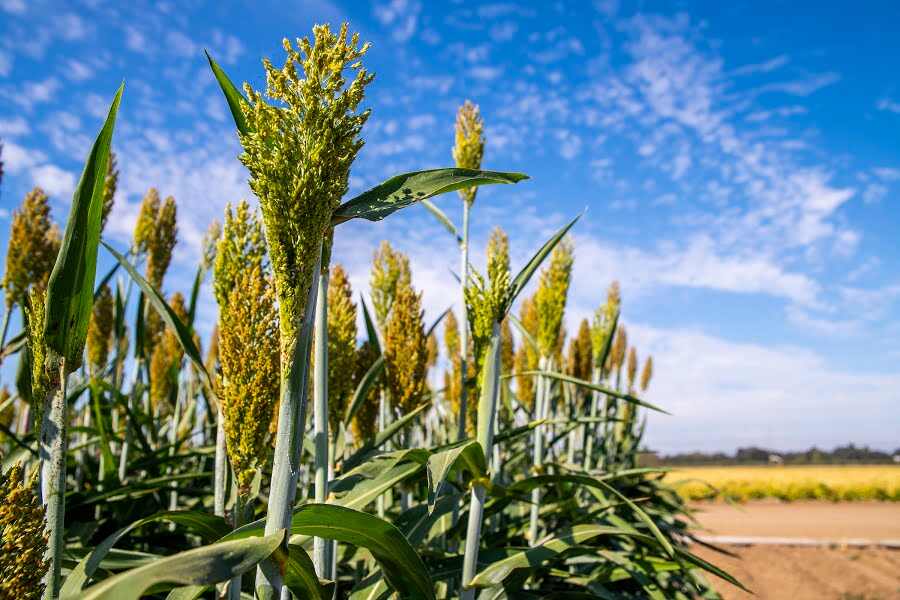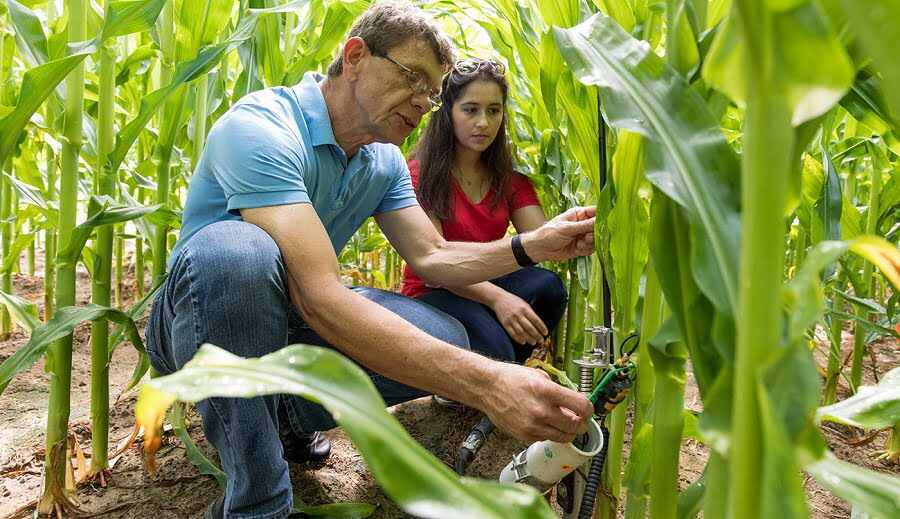By definition, biomass is an organic material that comes from plants and animals. On the other hand, biomass energy, or simply bioenergy is the energy that we extract from biomass.
Advantages of Biomass Energy – Top 6
- Renewable Source of Energy
- Wide Range of Applications
- Domestic and Reliable Source of Energy
- Green and Clean Source of Energy
- Bioenergy is Carbon Neutral
- Creates Job and Uplift Economy
Renewable Source of Energy

Unlike fossil fuels which take millions of years to get replenished or restored, Biomass energy, on the other hand, gets restored within a short interval of time making it abundantly available all over the world.
As I said in the introductory paragraph, bioenergy is nothing but the energy of the organic matter such as plants and animals that are stored in them in the form of chemical energy. You can see them everywhere.
For example, the food you throw in your garbage, the woods around you, and an infinite amount of farming waste, all are nothing but organic matter that can be used to produce bioenergy.
Editor’s Choice:
- Renewable Resources: Definition, Examples, Advantages, Disadvantages
- Nonrenewable Resources: Definition, Examples, Advantages, Disadvantages
- Difference Between Renewable and Nonrenewable Energy Resources
- Applications of Renewable Resources in Daily Life – Top 6
- Examples of Non-renewable Resources (Uses, Pros & Cons)
Wide Range of Applications

A typical example of using biomass energy is for the process of heating that we humans are using since the dawn of humanity. Currently, we are using wood (raw biomass) for heating our homes, and cooking food.
In addition, when biomass energy is converted into the form of biofuel such as biodiesel can be used to power automobiles like cars, trucks, or buses. Just because the use of biofuel as an alternative source of energy can exponentially reduce our dependence on non-renewables, more and more vehicle manufacturing companies are heavily investing in biofuel research.
Not to mention, Biomass can also be used to generate electricity. In fact, as per the available data, around 2% of the world’s electricity is generated by biofuel. Apart from the above-mentioned uses, some of the other uses of biomass (in some cases biofuel) are lubrication, removing paint, charging electronics, cleaning oil and grease, etc.
Domestic and Reliable Source of Energy

Most developing countries rely on other countries for their energy consumption. By energy consumption, I mean to produce electricity they have to import coal, gas, diesel, natural gas, etc. Similarly, to run their automobiles, they have to again import petroleum products such as diesel or petrol.
This is where the use of biomass energy comes in handy. Biomass energy is a homegrown source of energy. They are also easy and cheaper to produce. On the other hand, we are all familiar with the fact that how the price of fossil fuels fluctuates in the international market.
To sum up, I can say that not only bioenergy is a domestic source of energy. It is also among the most reliable ones. What I mean is we can produce them as much as we want whenever we want. No wonder so much research work has to be done in the field of biomass. But this is only the way forward to reduce importing bills.
Clean and Green Source of Energy

By switching to bioenergy, not only we can reduce our import bills. We can also contribute to a much cleaner and greener environment. In the current world scenario, more than 70% of the world’s energy needs are being satisfied by the burning of fossil fuels.
As per the recent World Nuclear Association report on the Comparison of Lifecycle Greenhouse Gas Emissions of Various Electricity Generation Sources, the energy produced by a conventional coal power plant emits 888 tonnes of CO2 per gigawatt-hour (GWh) of energy produced.
On the other hand, renewable energy resources like biomass emit somewhere around 45 tonnes per GWh. This is where we need to stop and think that what should we do next…!!!! Either we should continue to burn fossil fuels for our energy needs. Or, else, we should switch to renewable energy resources like biomass.
Bioenergy is Carbon Neutral

You would be thinking that in the above section, the author just mentioned that bioenergy does emit greenhouse gases but in a very small quantity as compared to the other sources of energy. On the other hand, he is now saying that biomass energy is carbon neutral.
How can this be possible? Maybe the author is just bluffing. He is saying things without knowing the facts. Well, let me assure you I am not bluffing. Let me explain the meaning of carbon neutrality…!!!
As per the accepted definition, to become carbon neutral, whatever is emitting carbon in the atmosphere has to take it back in some way. Such is the case with biomass energy. See, while producing energy, biomass emits 45 tonnes of CO2 per gigawatt-hour (GWh).
Well, this is just one side of the story. Let me tell you the other side too.
Since biomass i.e an organic matter has already gone through the process of photosynthesis during its life cycle, it has already absorbed the amount of carbon it will emit (in the future) during its lifecycle. Hence, making itself carbon neutral.
Create Jobs and Uplift Economy

Not only the bioenergy sector creates job opportunities. It also helps in the upliftment of the rural as well as the national economy. In actuality, the bioenergy sector creates more direct and indirect job opportunities as compared to the other types of renewable as well as non-renewable resource power plants.
Some of the notable sectors include Biomass fuel management head, Chemist, Principal Scientist, Feedstock manager, Agricultural Specialist, Microbiologist, Biochemist, and many more.
Editor’s Choice:
Some other Advantages of BioEnergy
Apart from the above-mentioned benefits or advantages, I am also mentioning some of a few here.
- High profit for biomass producer
- Versatile
- Waste reduction
- Pairs well with other renewables
- Compatible with all climate
- Safer to use
- Widely available
- Reduces landfill
- Provides stability in Energy Sector, etc.
That’s it for this post. If you like this article, share it if you like, like it if you share it. You can also find us on Mix, Twitter, Pinterest, and Facebook. Hey man, If you have come this far, do give us feedback in the comment section. It would make my day. You can also make a donation. Your donations will help us to run our website and serve you BETTER. Cheers!!!
